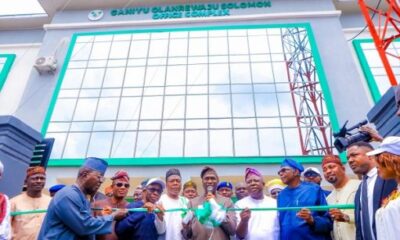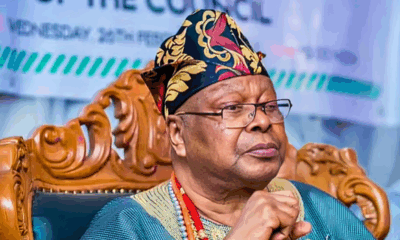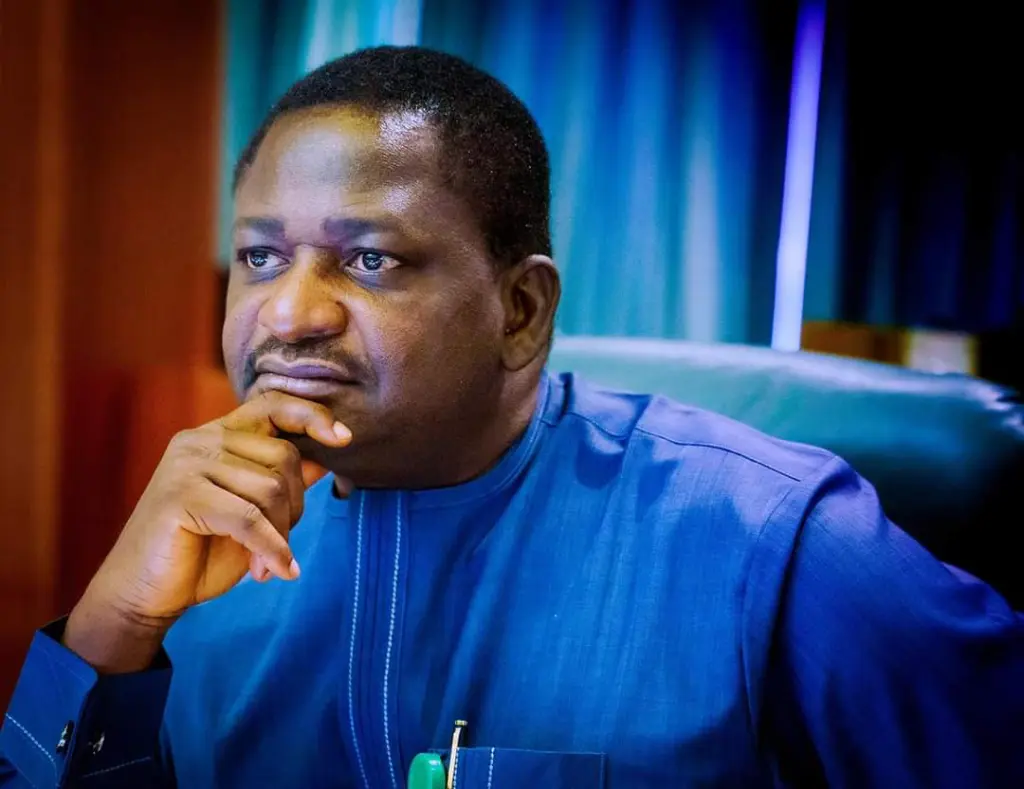Banks have stocked their ATMs with cash as the N100 transaction fee began on March 1.
The Central Bank announced the revised ATM transaction charges in a circular dated February 10, 2025. According to the new structure, withdrawals from a customer’s own bank ATMs will remain free of charge.
However, customers using ATMs of other banks will incur a N100 fee for withdrawals of N20,000 or less at on-site ATMs — those located within or affiliated with bank branches.
Off-site ATMs situated outside bank premises, like those at shopping malls, fuel stations, and public spaces, will attract an additional surcharge of up to N500 per transaction.
For international ATM withdrawals, charges will be based on cost recovery, meaning customers will pay the exact fee applied by the international acquirer. The CBN also clarified that withdrawals below N20,000 from another bank’s ATM will still attract the N100 fee per transaction.
During a Sunday afternoon check in Lagos (by The Punch), banks were seen loading their ATMs with cash to prevent their customers from using other banks’ ATMs and paying the extra charge.
At the Wema Bank branch at Barracks Bus Stop along Funsho Williams Avenue, the ATMs displayed a message to other banks’ cardholders that they would be charged “N107.50 inclusive in addition to the stated amount.”
All four ATMs at the branch were loaded with cash. When asked about the new charge, a security officer at the bank said, “There was nothing they could do, as it was from the authorities.”
At a First Bank branch nearby, the ATMs informed non-customers attempting withdrawals, “The amount charged on your account may include a fee of N100 in addition to the requested amount.”
ATMs at Access Bank, Ojuelegba asked customers to confirm if they were willing to pay the N100 access fee before proceeding.
A Union Bank cardholder attempting to withdraw N10,000 was prompted with, “Please confirm if you wish to continue, Amount withdrawn: N10,000, access fee: N100, transaction amount: N10,100.”
At Zenith Bank near Empire Bus Stop, the ATMs displayed, “The amount charged to your account will include a fee of N107.50.”
Guaranty Trust Bank (GTBank) provided a detailed breakdown, stating, “Dear valued customer, in line with CBN’s directive, there will be a charge of N100 and N7.50 VAT for cash withdrawals of other banks’ cards on GTCo ATMs.”
Some customers expressed frustration over the additional charges.
A security worker, Eze Chinonso, said, “This is another cost I must pay to use my money. The cost of data has gone up and other costs as well. Honestly, this is squeezing an already stressed pocket.”
On social media platform X, user Opel Nnenna (@opelnnenna3) shared an email from a fintech firm, which partly read, “In line with the CBN’s recent review of ATM withdrawal fees, you will be charged the following fees by other banks when you make ATM withdrawals with your Kuda Card from this Saturday, March 1, 2025: Fee for withdrawals at ATMs on any bank’s premises. For every withdrawal of N20,000 or less that you make at an ATM located on any bank’s premises, the bank that owns the ATM will charge you a fee of N100. For withdrawals that exceed N20,000 within a day, you’ll be charged an additional fee of N100 for every extra N20,000 or less that you withdraw.”
Opel added, “I’m deeply concerned about the increasing banking charges imposed on Nigerian citizens by the Central Bank of Nigeria and the government. It seems unfair that citizens are being charged multiple fees. The economic hardship is becoming unbearable for most Nigerians. If the current administration and CBN leadership cannot effectively manage the country’s financial system in a way that serves the citizens, perhaps it’s time for new leadership with fresh perspectives. The CBN Governor should understand that citizens are suffering from these policies. These excessive charges are particularly burdensome, given the limited funds many Nigerians have in their accounts.”
The CBN advised customers to avoid the fees by using only their bank’s ATMs or alternative payment methods. The bank suggested, “You should withdraw money from your bank’s ATM (On-Us transaction) to avoid the transaction fees. Additionally, limiting your use of off-site ATMs is advisable to minimise the surcharge. Further, consumers can explore other payment channels such as mobile apps, POS devices for payments, etc.”
Meanwhile, the Trade Union Congress (TUC) and the Socio-Economic Rights and Accountability Project (SERAP) have called for the suspension of the charges.
The TUC, in a statement signed by its president, Festus Osifo, and Secretary-General, Comrade Nuhu Toro, said, “Our attention has been drawn to a circular from the CBN announcing an increase in ATM transaction fees, effective March 1, 2025. We say unequivocally: enough is enough. The Nigerian workers and the general public have endured relentless economic hardship under this administration. Every day brings a new burden—higher taxes, rising electricity tariffs, exorbitant call and data charges, and now, increased ATM fees. This government has failed to cushion the effects of its harsh economic policies, and the patience of Nigerians is wearing thin.”
On Sunday, SERAP urged President Bola Tinubu to instruct the CBN to suspend the charges, saying, “We’ve urged President Tinubu to direct the CBN to immediately suspend the ATM fee hike pending a court verdict on the matter. This is entirely consistent with the Nigerian Constitution 1999 [as amended], his oath of office, and promises to uphold the rule of law.”


 BIG STORY4 days ago
BIG STORY4 days ago
 BIG STORY5 days ago
BIG STORY5 days ago
 BIG STORY1 day ago
BIG STORY1 day ago
 BIG STORY3 days ago
BIG STORY3 days ago
 BIG STORY4 days ago
BIG STORY4 days ago
 BIG STORY3 days ago
BIG STORY3 days ago
 BIG STORY2 days ago
BIG STORY2 days ago
 BIG STORY3 days ago
BIG STORY3 days ago























